
TAGTIK NEWS - TO THE POINT
Born on 14 May: Anne Clark, urban electro poet turned classic icon

She was born in Croydon, near London, in 1960. Godmother of Kae Tempest and Billy Nomates, she's considered a pioneer of the 'spoken word' genre.
Unique, cutting, fascinating, and undeniably poetic, Anne Clark's voice made its way to London in the early 1980s. Then with the Doctors Of Madness, Richard Strange recognized her as an exceptional personality. He offered her a place to perform at his Cabaret Futura. Neither a true singer nor a poet in the classic sense, she became a figure of the 'spoken word', a label seemingly invented just for her.
With "The Sitting Room" (1982), created on her own, then "Changing Places" (1983), she passionately delivered deeply engaged and social texts. Soon joined by David Harrow, she even managed the feat of making people dance while tackling serious subjects, as in "Wallies" or "Sleeper In Metropolis". Such music had never been heard before, almost stripped and utterly captivating...
Influenced by the Beat Generation poets and also by classic literature, she poured these ingredients into the punk melting pot, sometimes astonishing herself with what emerged from within her. "I’ve always written. Words were the only place where I could say exactly what I felt without interruption," she confided in an interview in 1984.
Sometimes furious, sometimes melancholic, she relied on the guitar of Vini Reilly (Durutti Column) during those moments of -faux- suspended sweetness such as "All Night Party".
Inspired by urban loneliness and social injustice, Anne Clark paints a striking portrait of the world around her. In her litanies, we of course encounter disenchanted workers, victims of Thatcherism, and also desperate lovers. In "Our Darkness", her most well-known text, she proclaims: 'There’s no such thing as society / Just the noise you hear inside'. We leave you to ponder its impact after a translation already challenging to concoct!
Much more discreet today, with about ten albums to her name, Anne Clark continues to write, perform on stage, and also tries new sound experiences. Now settled in Germany and for the last few years she has been exploring an environment that owes much to classical music and a little to the Germans, like the seventies such as Klaus Schulze. On the entrancing "The Law Is An Ingram", violin and double bass advantageously replace the tiny drum machines of the early days, but, certainly calmer, her writing remains just as pertinent and her voice just as fascinating.
(MH with Stéphane Soupart - Photo : © Etienne Tordoir)
Photo: Anne Clark on the stage of the W Festival in Ostend (Belgium) on 24 August 2022
LATEST NEWS
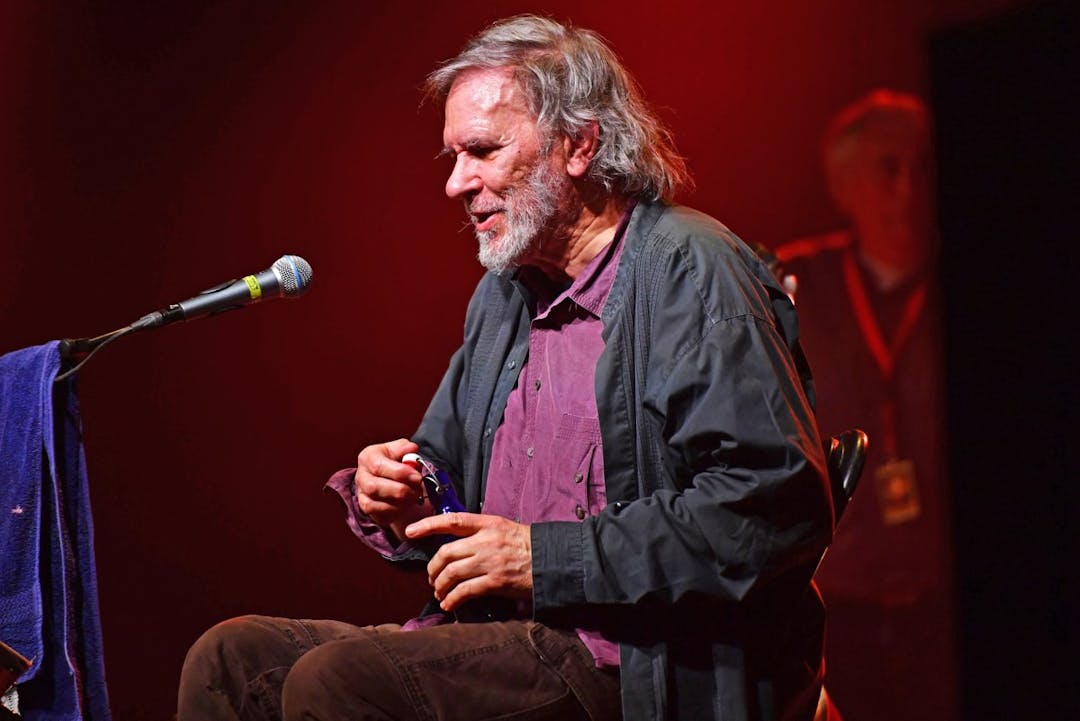
RIP: The legendary Tucker Zimmerman has passed away at the age of 84.
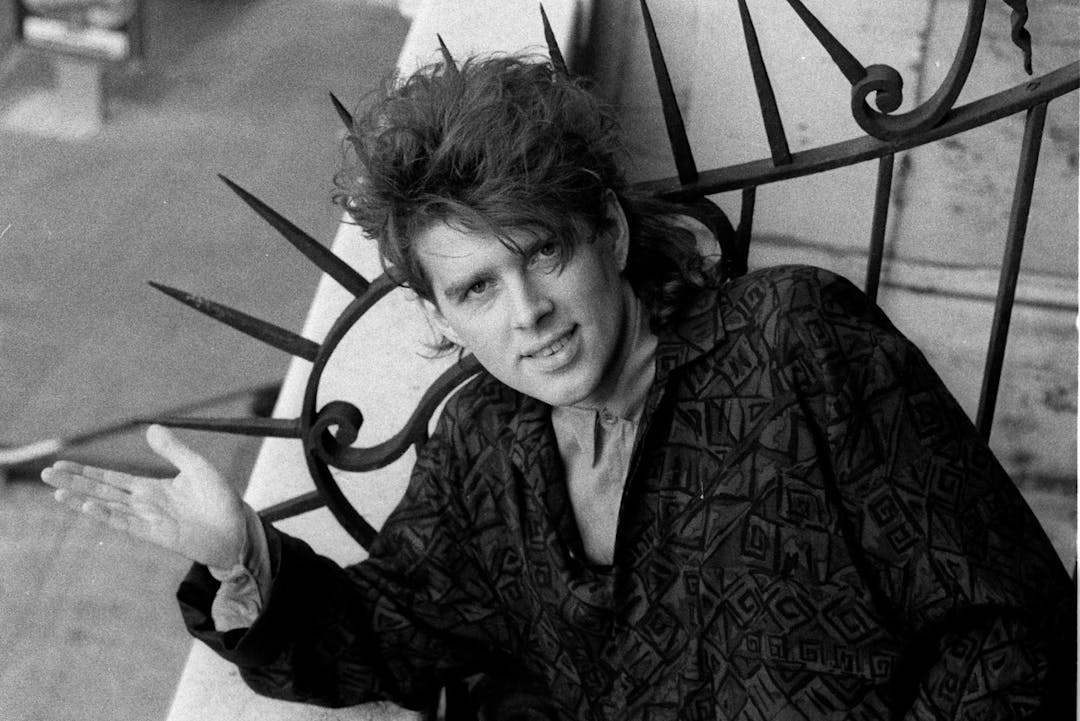
Born on January 18: Tom Bailey (Thompson Twins) always calls his "Doctor! Doctor!"
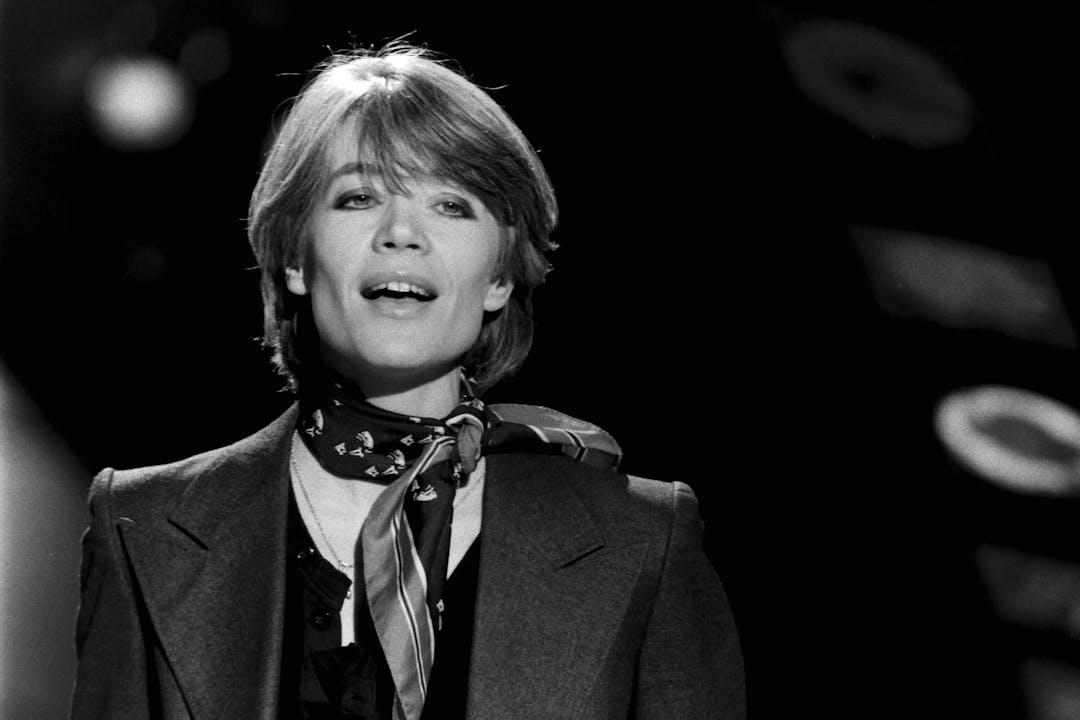
Born on January 17: Françoise Hardy left to find the stars in 2024

Born on January 16: Sade, the discreet gem of British soul music
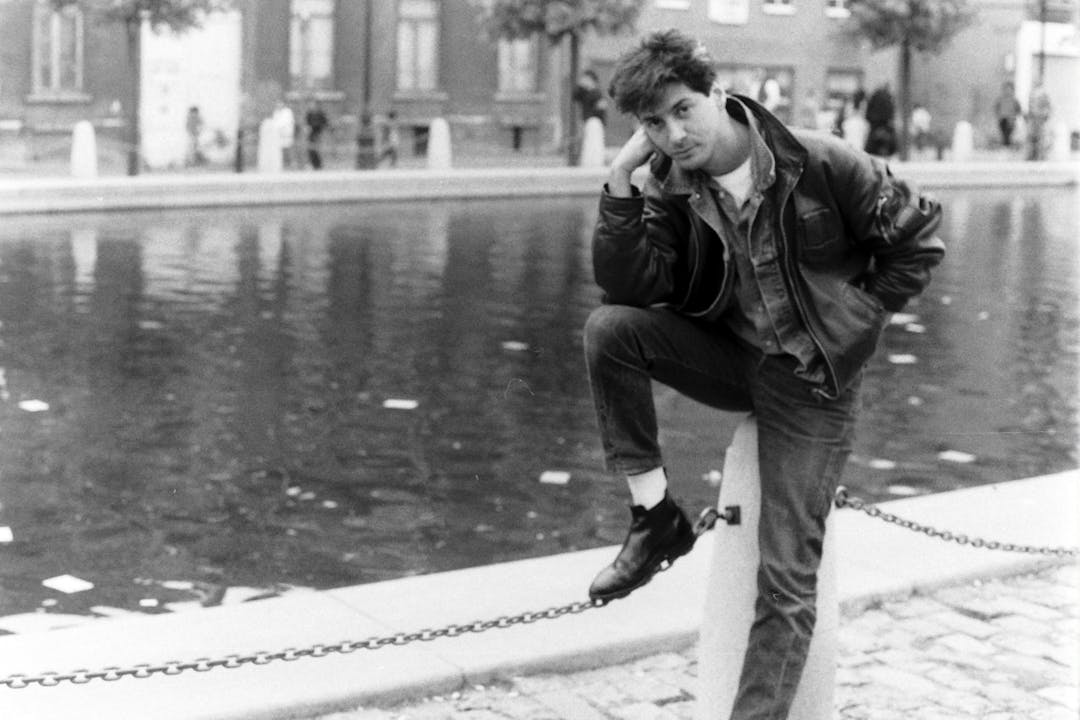
Born on January 14th: Etienne Daho, always full of musical notes...
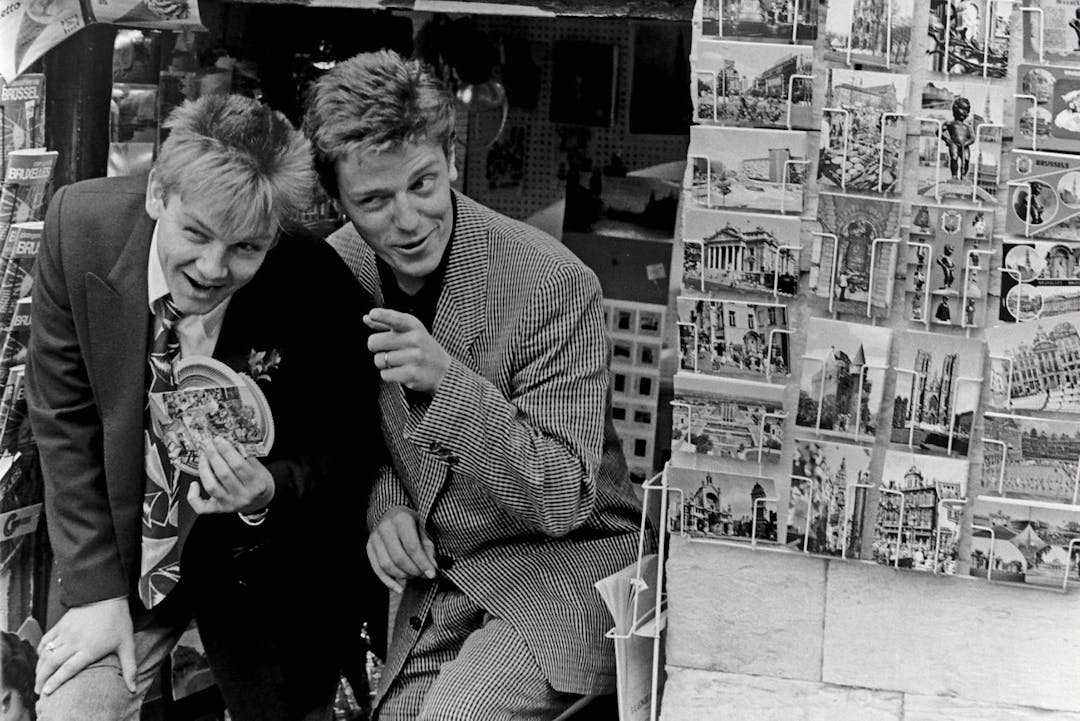
Born on January 13: Suggs (Madness), the sweet English ska madness from the 80s
Quick links